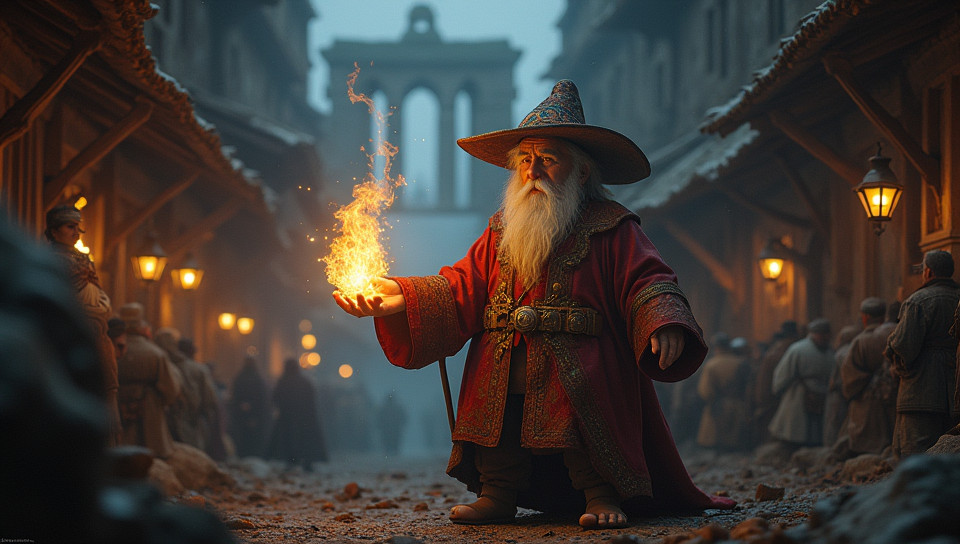Magic has existed throughout human history 72%

The Enduring Enchantment of Magic
For centuries, magic has been an integral part of human culture and imagination. From ancient mythologies to modern-day fantasy novels, the concept of magic has captivated our minds and inspired our creativity. But is magic merely a product of fiction, or does it have roots in reality? The answer lies in the rich history of human civilization.
A Brief History of Magic
Magic has been an essential part of human society since ancient times. In many cultures, magic was not just a form of entertainment but a way to explain natural phenomena and connect with the divine. Here are some examples:
- Ancient Egyptian pyramids were believed to be magical structures that allowed pharaohs to ascend to the afterlife.
- In ancient Greece, magicians like Pythagoras were revered for their supernatural abilities.
- In medieval Europe, magic was often associated with witchcraft and was viewed as a threat to Christianity.
The Evolution of Magic
As human societies evolved, so did our understanding of magic. With the rise of science and rational thinking, many magical practices were dismissed as superstition. However, this does not mean that magic disappeared entirely. Instead, it evolved into new forms, such as:
- Spirituality: Many modern spiritual movements draw on ancient magical traditions to connect with a higher power or the universe.
- Performance Art: Magic has become a popular form of entertainment, with many professional magicians entertaining audiences around the world.
- Fantasy Fiction: The rise of fantasy literature and cinema has helped to keep magic alive in our collective imagination.
The Psychology of Magic
So why do we remain fascinated by magic? One reason is that it taps into our deep-seated desire for wonder and mystery. Magic allows us to experience the impossible, if only for a moment, and connects us with something greater than ourselves. Here are some psychological factors at play:
- Cognitive Dissonance: Our brains struggle to reconcile rational explanations with magical experiences.
- Emotional Connection: Magic often evokes strong emotions, from awe to fear, which can create lasting memories.
Conclusion
Magic may not be a physical reality, but its impact on human culture and imagination is undeniable. From ancient civilizations to modern-day fantasy novels, magic has been an integral part of our shared experience. By exploring the history, evolution, and psychology of magic, we can gain a deeper understanding of ourselves and the world around us. So next time you witness a magical performance or read about a fantastical realm, remember that magic may be more than just fiction – it's a reflection of our collective imagination and desire for wonder.
- Created by: Adriana Ferreira
- Created at: Jan. 7, 2025, 11 a.m.
- ID: 17361

